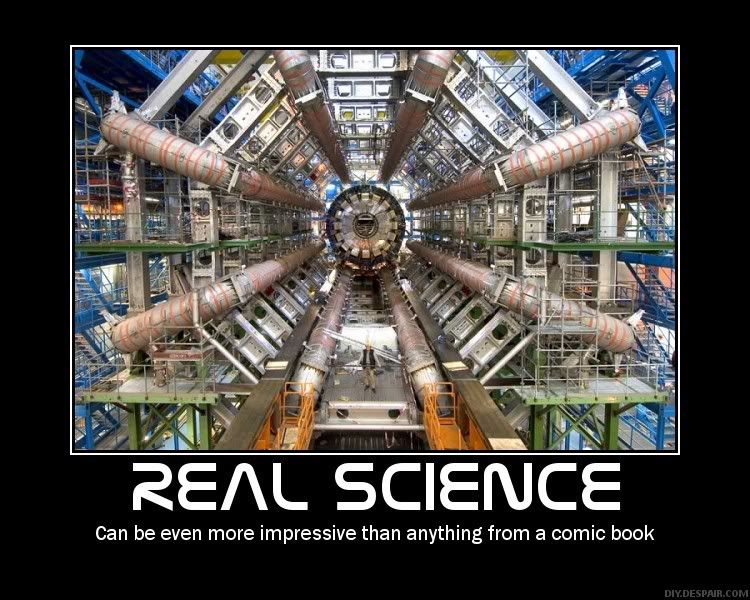
A frequent lament I have about my generation is a lack of interest in items not directly related to their career interests and a few narrow hobbies. What this says about us as a civilization I leave to men smarter to myself, but it still saddens me how frequently I end up educating my peers on something I only half-learned about mythology or history or politics or philosophy or some other arcane subject.
One thing that I find especially perplexing is that people like me, who like, know science and technology and stuff, are often pretty clueless about the historical context about where it came from and the personalities of the people who developed the basic framework that the rest of us deal with daily. It's in that spirit that I want to talk about Two Fisted Science by Jim Ottaviani and a host of contributing artists.
Unlike other works such as Fallout and Suspended in Language, this early work is an anthology that tries to bring science down to earth in much the same manner as say, Action Philosophers does for that subject. The book starts out with perhaps the strongest and most popular story: Galileo and his lifelong struggle with the Roman Catholic Church which repressed his work and his writings (fun fact; the Catholic Church finally forgave Galileo for saying the earth moved around the sun, in 1992. Real big on the forgiveness there, those guys). From there, the stories touch on Isaac Newton, Niels Bohr (which Ottaviani would later expand on in Suspended in Language), Einstein, Heisenberg, and several others.
However, the majority of the book focuses on Richard Feynman, physicist, and eccentric, who was instrumental in both the Manhattan Project to develop the atomic bomb and in developing some impressive work in quantum mechanics. It's easy to see why this choice was made; from his generally good natured attitude to the heartbreaking story of his first marriage, Feynman obtains a depth of character that immediately trashes all the stereotypes of science-types. However, while the emotional resonance here is strongest, the rather non-linear nature of showing these facets of Feynman's life detracts from any chance of a longer deeper narrative. A pity, given how much interest the author has in Feynman's life and humour.
I have little to say about the art except to say that it never takes away anything from any of the stories, and it is all very clear and competent. Something that is rare to find at say, Marvel or DC.
So, if you're looking for a light, entertaining read that gives you some insight into some of the most brillant minds among us, you could certainly do worse. But if you're looking for more depth and a stronger sense of narrative, check out some of Ottaviani's other work (I especially recommend Fallout, which features some work by some guy named Jeff Parker).
(Final note: I apologize for not posting. Between travelling home for the holiday weekend, and my birthday this past Monday, things have been hectic. Due to various work issues, I suspect that my posting will not become daily again until after Christmas, but I will continue to try my best)

No comments:
Post a Comment